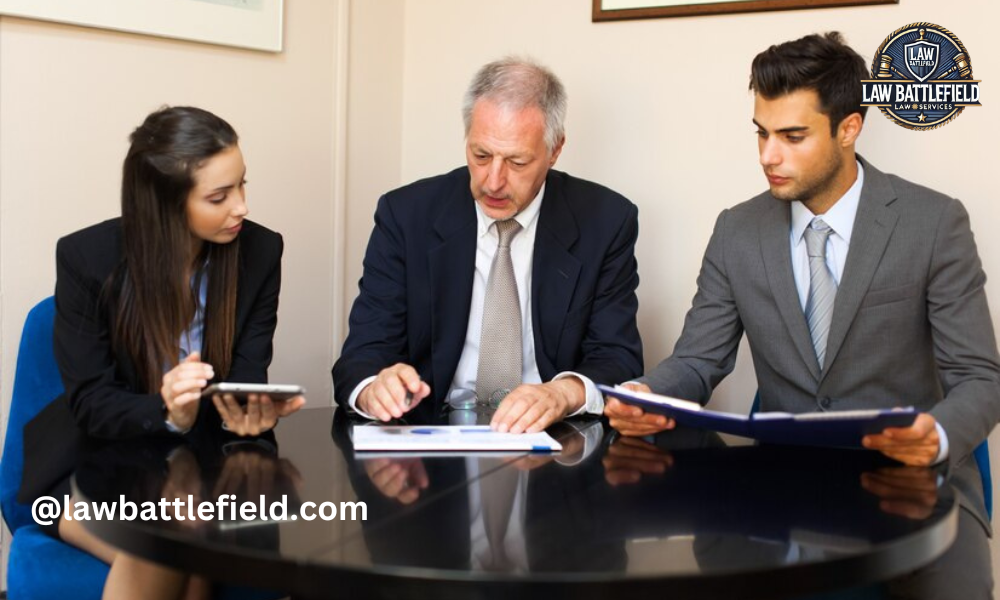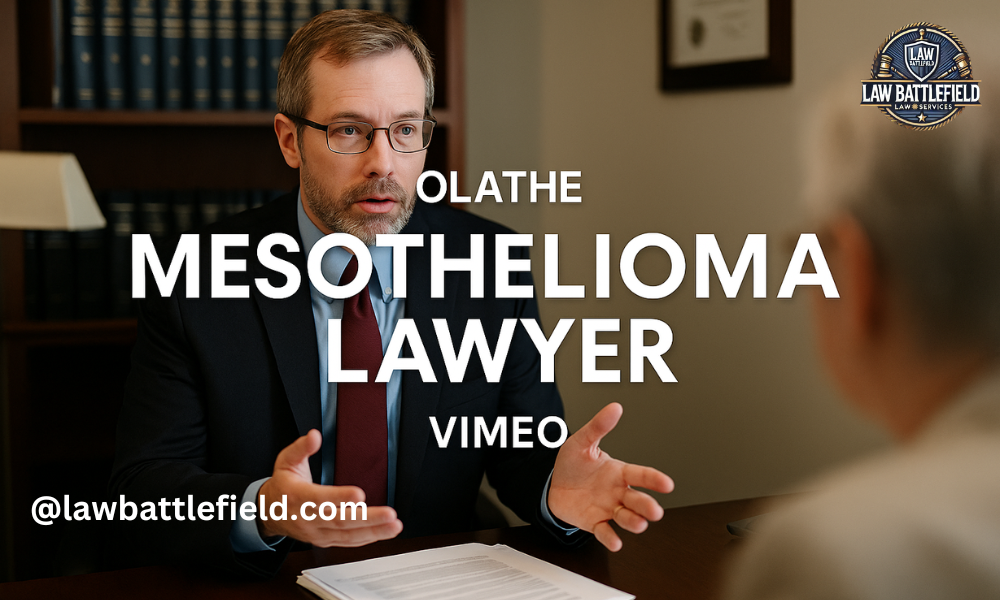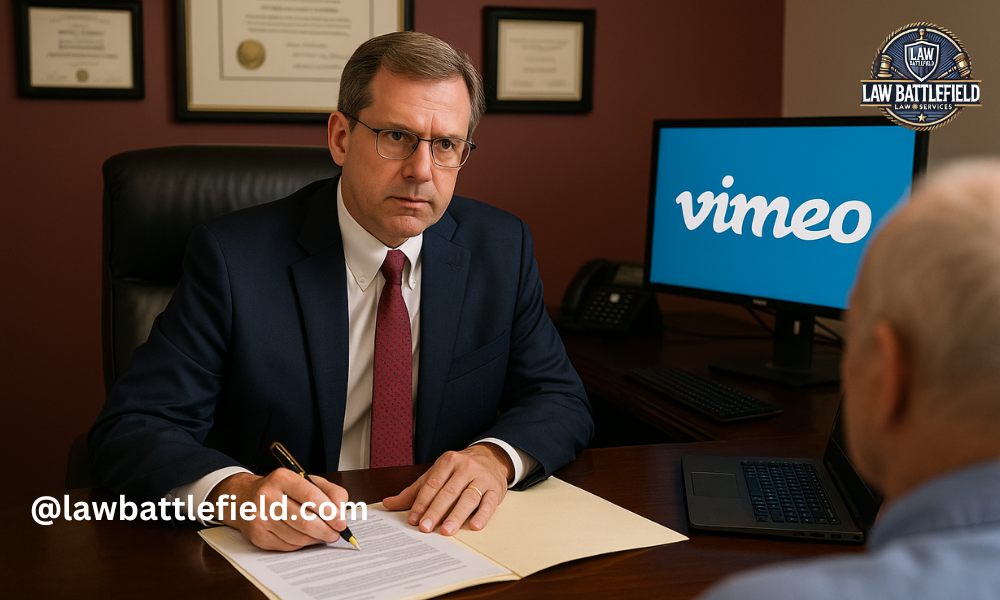When facing the complexities of the legal system, particularly court litigation, apprehensions often arise. For the uninitiated Brisbane resident, delving into the litigation process can be daunting. This guide aims to shed light on the essential steps and considerations for successfully navigating court litigation.
Understanding Court Litigation
Litigation is the process of resolving disputes by presenting a case before a court of law. This legal avenue is structured to offer a fair judgment on complex cases where alternative dispute resolution methods may not be applicable or have failed.
The Precursors: Identifying The Need For Litigation
Prior to embarking on court litigation, it is crucial to ascertain whether litigation is the most suitable approach for your situation. Often, the best course of action is explored with legal counsel, assessing costs and benefits, risk, and the time investment that litigation will entail.
Gathering And Preparation Of Evidence
Success in court litigation is heavily predicated on evidence. Organising necessary documentation, witnesses and experts are the building blocks of a strong case. It is advisable to commence this collation process promptly to ensure no critical piece of evidence is overlooked.
Legal Representation: Hiring A Solicitor
Engaging with competent legal representation is arguably one of the most vital steps in the litigation process. Solicitors bring expertise in legal strategy, procedural rules, and advocacy, all of which are indispensable in court proceedings.
The Pleadings Phase
The initial phase of litigation involves the filing of formal documents – the complaint and the answer. The complaint sets forth the plaintiff’s allegations and outlines the basis of the lawsuit. In response, the defendant submits an answer, either admitting, denying, or raising defences against the allegations.
Filing And Discovery
Following the pleadings, the discovery phase enables each party to request evidence from the other side. This process demands transparency and ensures that no party is blindsided by undisclosed information during the trial.
Pre-Trial Motions And Hearings
Pre-trial motions may be filed for various reasons, such as to settle evidentiary issues or potentially even to resolve the case if legal grounds dictate such an outcome. Pre-trial hearings then set the stage for the actual trial by addressing these preliminary matters.
The Trial: Presentation Of Evidence
During the trial, both sides present their evidence through witnesses and exhibits. Cross-examination allows for the questioning of the opposing side’s evidence, a critical juncture for each party to strengthen their case or challenge the reliability of the opponent’s claims.
The Role Of The Judge Or Jury
Deciding the outcome of the case falls either to a judge or a jury. They evaluate the evidence under the strict parameters of legal standards and then reach a verdict. Their decision is based on the merits of the case as presented during the trial.
Post-Trial Motions And Appeals
Upon the announcement of a verdict, the losing party may file for post-trial motions, potentially requesting a new trial or a change in the court’s judgment. If these motions are unsuccessful, an appeal to a higher court remains as the final recourse.
The Cost Factor In Litigation
Cost considerations are paramount in litigation. Legal fees, court costs, and potential settlements or judgments can quickly compound. It is imperative to have a clear understanding of the financial implications before engaging in litigation.
Alternatives To Litigation
For those averse to the adversarial process, mediation and arbitration present as viable and often less contentious alternatives. These methods can lead to resolutions in a more amicable and cost-effective manner.
Understanding The Emotional Toll
Litigation is not only a financial and legal endeavour; it can also be an emotionally taxing process. Support from friends, family, or professional services plays a crucial role in coping with the stress associated with litigation.
Conclusion
Court litigation is an intricate process demanding thorough preparation, strong legal representation, and a solid understanding of the judicial system. Brisbane residents embarking on this path must equip themselves with the necessary knowledge to navigate the complexities of the courtroom. Seeking the guidance of experienced solicitors with a deep understanding of Brisbane’s legal landscape, as well as an unwavering commitment to their client’s interests, is instrumental in achieving a favorable outcome.
Seeking Professional Assistance
For additional support and expert advice on court litigation, it is recommended to consult legal professionals who specialise in Brisbane’s legal system. This approach ensures that residents are adequately prepared to undertake litigation, minimising uncertainties and striving for a successful conclusion to their legal matters.
Was this article helpful? Check out more on Lawbattlefield.com
When To Contact A Litigation Lawyer In Instances Of Potential Fraud





